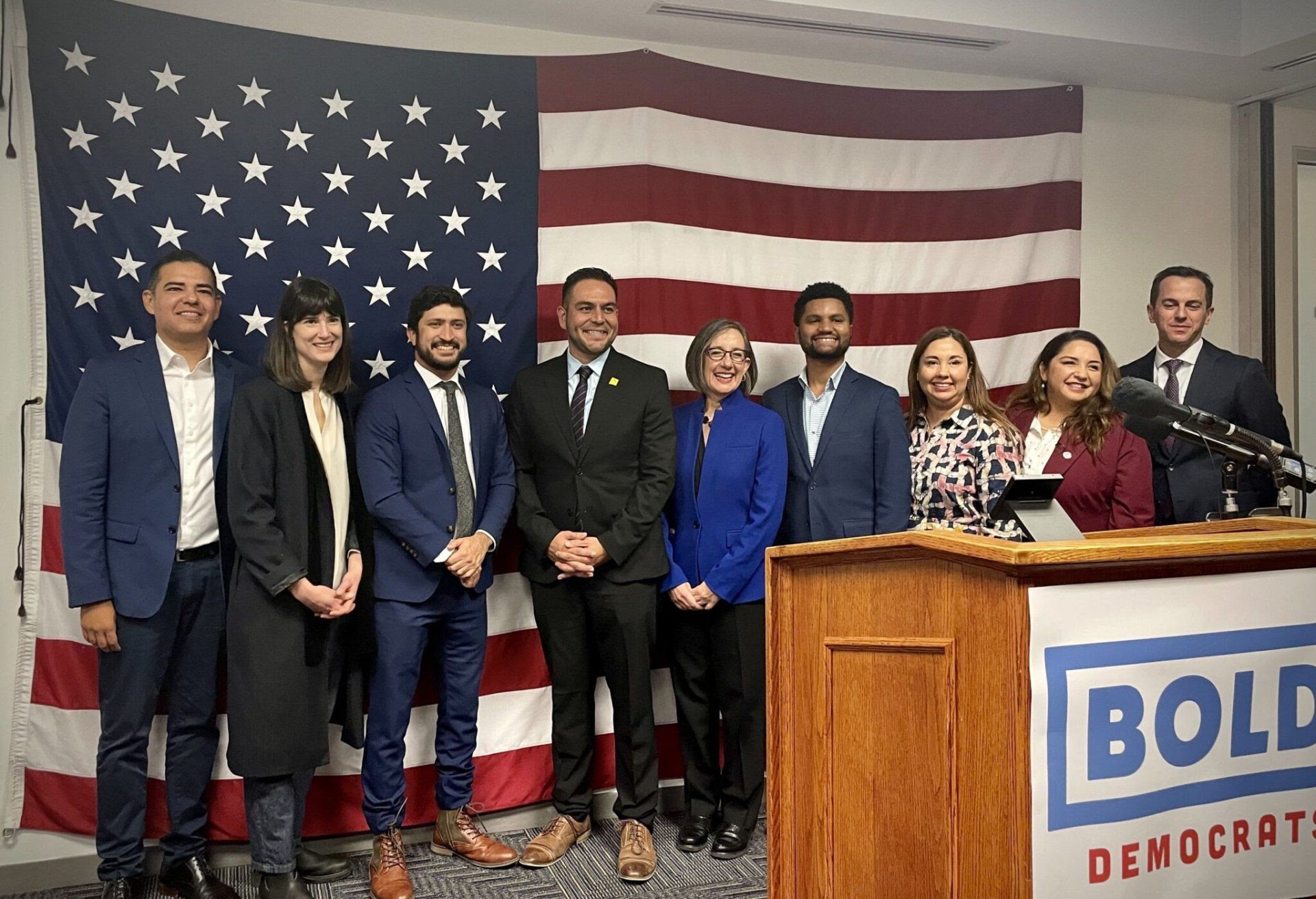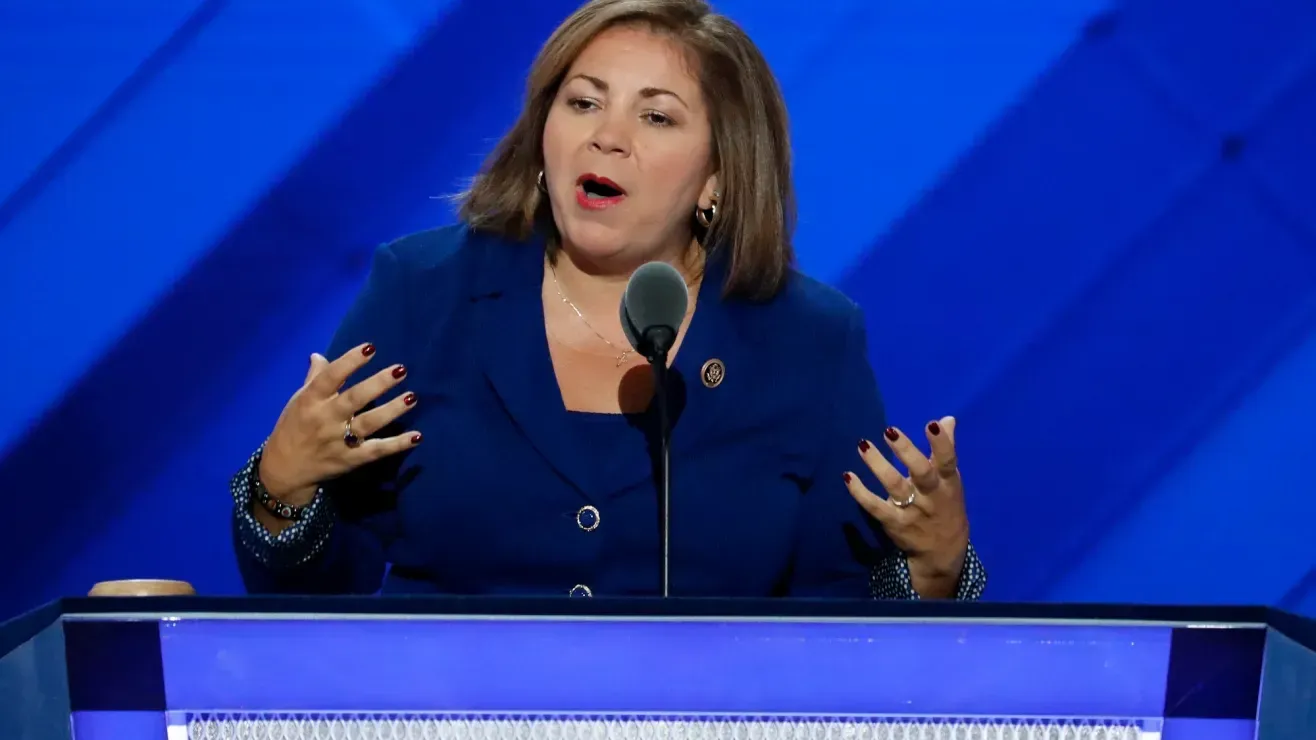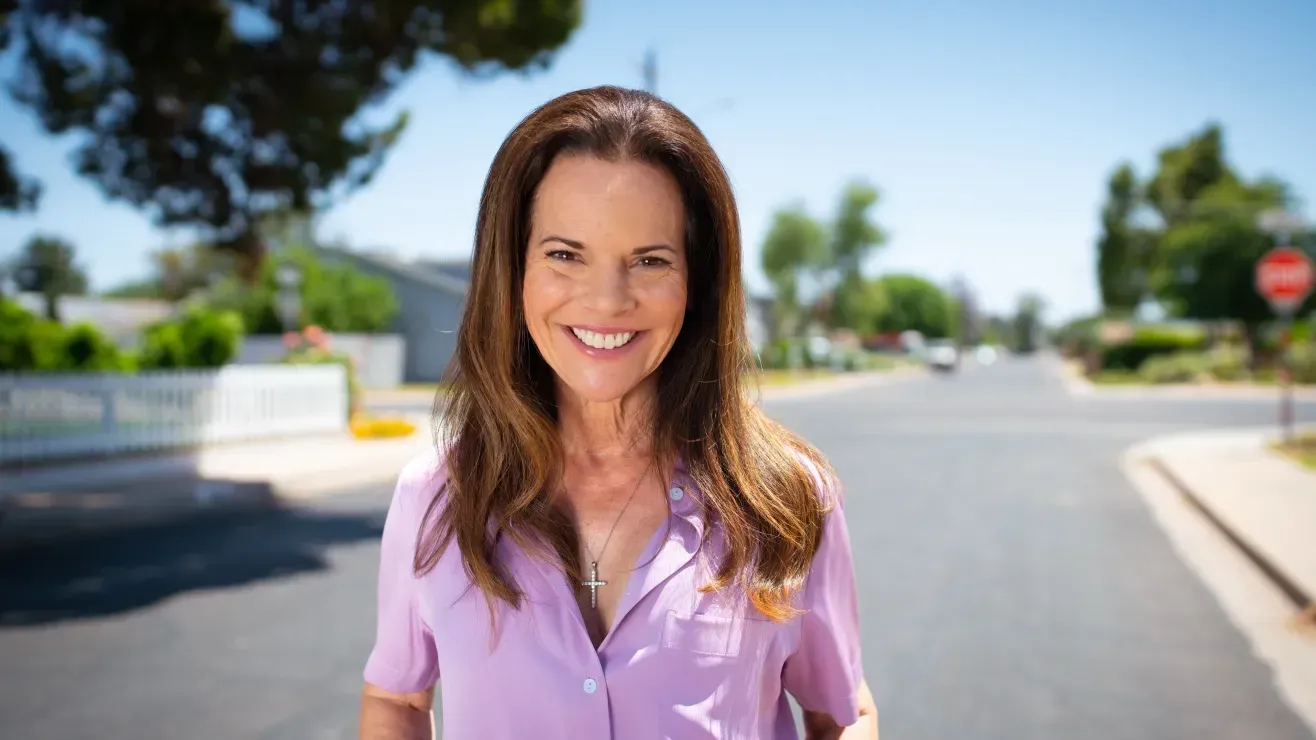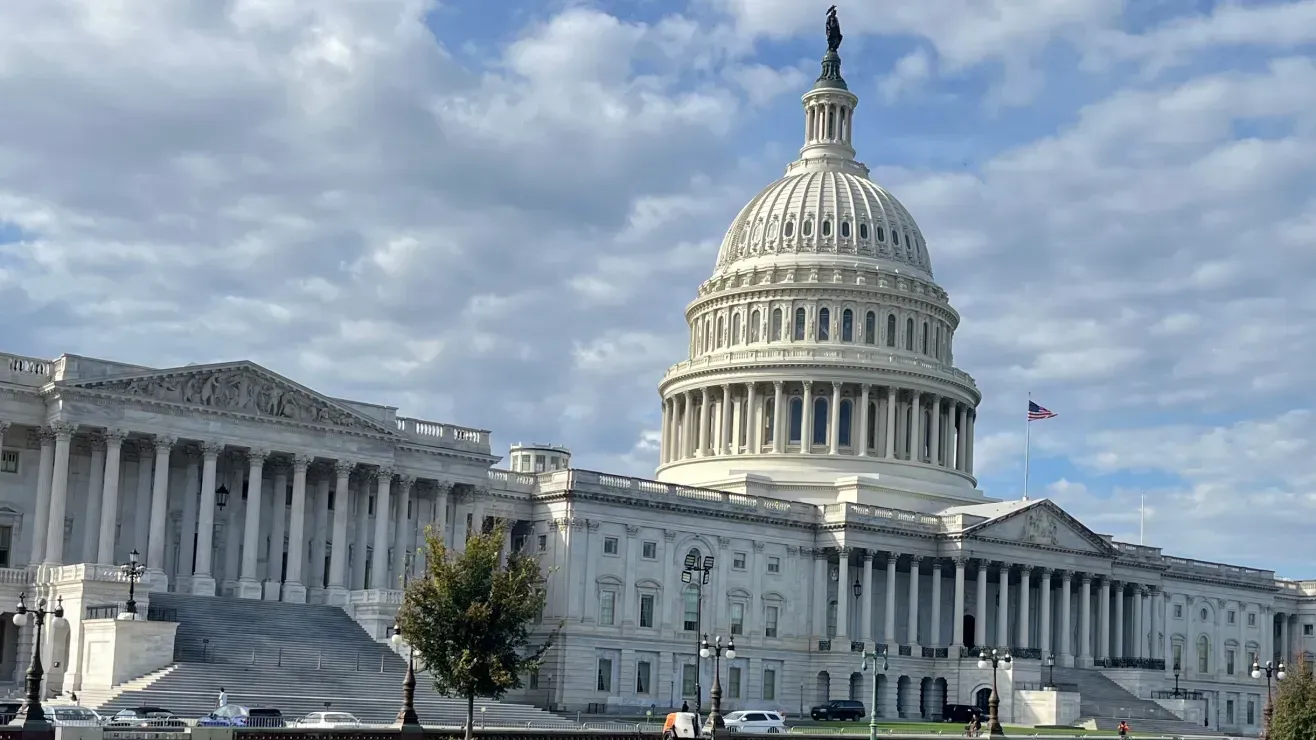The next Congress will be the most representative of Latino identity ever

Original Article: Vox. 12/03/22
The incoming Congress will be historic for many reasons, including the House of Representatives’ highest share of Latino lawmakers ever. Fourteen newly elected candidates will join the 34 incumbents who held their seats this cycle, meaning the next House will be nearly 11 percent Latino.
Those 14 new members represent all kinds of communities: rural, suburban, and urban; they’re from competitive swing districts and partisan strongholds; and from states with newly burgeoning Latino populations and those with longstanding Latino communities. Together, they demonstrate the increasing ideological diversity of Latinos in the United States.
Both sides’ additions to Congress will bring many firsts, including the first Congress member from Generation Z (elected in Florida), the first gay immigrant (elected in California), and the first Midwestern Latina (from Illinois). It will also bring new representation from states that haven’t elected a Latino before, like two representatives from Oregon and one from Washington state, as well as the official election of a Latino senator from California and the reelection of the first and only Latina in the Senate.
Beyond those historic firsts is what these Republicans and Democrats reveal about America: that the country is in a moment of growing Latino power that’s inclusive of differing ideas of what it means to be Latino and American. The new class will showcase the breadth of Latino perspectives on the role of government, racial or ethnic solidarity, and religious and family values.
Congress, and much of the country, hasn’t seen some of the Latino identities and politics this new class will bring. The next two years will be an experiment in what Latino diversity looks like and how it can be used to govern. Below is an introduction to these new members, arranged by party and political philosophy.
The safe-seat (mostly) progressives
Open, safe seats for Democrats — made available through retirements, their previous occupants running for other offices, and redistricting — brought the majority of new Democratic Latino members to Congress.
Unsurprisingly, all five came from states that have previously elected Latino Democrats and have large Latino populations. Nearly all belong to the political left and advocated for progressive policies like raising the minimum wage, enacting stronger gun control laws, and expanding access to affordable health care during their primary campaigns.
Though serving in the minority, each will likely push the party, and the caucus, to be more outspoken on immigration and civil rights. Many are either immigrants or children of immigrants. Four have joined the Congressional Progressive Caucus, the group of over 100 members that form the bulk of the party’s left flank in Congress; and at least three are seen as likely to join the ultra-progressive group of Democrats known as the Squad.
Robert Garcia, the mayor of Long Beach, California, will be the first LGBTQ immigrant to be elected to Congress, after serving two terms as the first gay mayor of Long Beach. His district, which covers majority Latino cities south of Los Angeles and the port city he led, was created through redistricting this year after California lost a congressional seat for the first time in its history.
Born in Peru, Garcia did not become a US citizen until he was 21: “Having to go through the process of naturalization and citizenship is unique, and there’s not a lot of folks in Congress that have been through that,” Garcia told me. “I know what it’s like to wake up at three in the morning and stand in long lines to try to move your process forward, and the disappointment when your immigration status is not moving forward.”
In the new Congress, he said he and new Latino lawmakers will have to balance the need to “change things up as much as possible,” but also “build the team.”
“This new class represents a next generation of Latino leaders,” he told me. “We’re all united on the issues, particularly around immigration and health care.”
Another historic first comes to Congress from one of Florida’s most Democratic districts, the 10th, centered on Orlando, that Rep. Val Demings vacated to unsuccessfully run for Senate against Marco Rubio.
Here, Maxwell Alejandro Frost, a 25-year-old organizer and activist, made history as the first Afro-Cuban and first member of Generation Z to be elected to Congress. When he takes office, he’ll be the youngest member of Congress, and part of a group of “real progressive Latinos that are showing folks that the values of our culture and the values of our party can and should be aligned,” he told me.
To explain what he means by that, Frost said it’s helpful to think of “this word, familia — when it’s up to us, as Latinos, everybody eats; when it’s up to us, everybody has care and health; when it’s up to us, everyone has a roof over their head. How do we marry the culture of our communities with the politics and the way we can talk about what we believe in? I think there’s untapped potential that can help change our party for the better.”
Frost ran a campaign focused on progressive priorities, like Medicare-for-all and stricter gun control measures (he got his start in politics as part of the March for Our Lives youth movement), and beat out two former Democratic members of Congress to win the Democratic primary back in August.
Now he wants to show that his bold, hopeful, progressive message can be persuasive outside of districts like his. “We had support, donors, and volunteers that were Republican, that were extremely moderate, people who would come up to me and say, ‘Max, I disagree with you on this, this, and this, but I trust you, and I get what you’re trying to do.’ And I think that’s the future of our party,” he said.
Frost has already made friends with another representative-elect who made history — this time, out in the Midwest. Delia Ramirez, an Illinois state representative, will be the first Latina to be elected to Congress from a Midwestern state. The daughter of two immigrants, Ramirez’s election shows the natural evolution of Latino representation in the US: She is just the second Guatemalan American in Congress and the first who was born here.
Her district includes heavily Democratic and majority-Hispanic parts of Chicago, as well as the suburbs of moderate DuPage County, which has seen an increase in Latino residents that Ramirez told me “represents the first, second, and third generation of Latinoness.”
“You have a lot of us who are firstborns here, who grew up in the city of Chicago, who went off to college, who went off to nonprofits to do work, and are still very close, connected to our roots. We have our parents, who now are US citizens but struggled for a long time being undocumented,” she said. “And now, following the migration of new immigrants coming into the city, who can no longer afford to live in the city, are following job opportunities into manufacturing west of the city, this district has the fastest-growing community in the entire state.”
That diversity of immigrant experience, class, and ethnicity may offer a road map for Democrats looking for ways to stem some of the losses they have experienced with Latino voters around the country. Ramirez ran on a progressive populist economic message, focused less on social issues and zeroing in on the political left’s solutions to bread-and-butter issues.
Ramirez, Frost, and a newly elected Latino lawmaker from Texas, Greg Casar, are the incoming members most likely to join the Squad in Congress. Casar, a former city council member in Austin, won his race by a 50 percent margin, in one of the most Democratic districts in Texas that stretches from San Antonio to Austin.
Described by the Texas Observer’s Gus Bova as a “leading light for the Texas left” who plans to “be among the furthest left in the House’s left wing,” Casar was best known during his tenure on the Austin City Council for supporting the reallocation of funds cut from the local police department and advocating for the decriminalization of outdoor encampments, according to the Texas Tribune. That progressive history makes him the latest in a long line of progressive Texan Latino politicians, who have been instrumental in pulling the Congressional Hispanic Caucus, and House Democrats, to the left on immigrant and civil rights.
One additional Latino representative-elect will join these progressives from a safe blue seat: Rob Menendez Jr., the son of New Jersey Sen. Bob Menendez, will represent the district just outside of New York that his father once held. A liberal Democrat who was favored by the party establishment and supports mainstream priorities on the child tax credit, universal preschool, and raising the federal minimum wage, Menendez continues a tradition of Cuban American representation in the Northeast.
The safe-seat (mostly) progressives
A second cohort of Democratic first-termers are joining Congress as so-called “front-liners” from the most competitive districts in the country.
They ran measured campaigns focused on economic issues, advancing progressive ideas and policy proposals while not necessarily embracing the progressive label, and won with tiny margins — making reelection prospects much less certain than the outspoken progressives who won in other states.
Their elections show the wide reach of Latino communities in the US, which extend beyond the urban cores that have often given candidates of color the best shot at increased ethnic and racial representation. And they are a reminder that voters, whether Latino or not, are willing to elect candidates of color in ultra-competitive districts.
Gabe Vasquez pulled off an important win in New Mexico by flipping the state’s swingy Second Congressional District from Republican Yvette Herrell. Winning by a little over 1,000 votes, Vasquez, a first-generation Mexican American and former member of the Las Cruces City Council, is the latest in a long line of Latinos representing New Mexico: Herrell ousted Xochitl Torres Small in 2020, who was elected in 2018’s “blue wave” year after beating a Republican who had held the Second District for years before then. More than 20 Hispanic members of Congress have come from New Mexico. His close victory shows that running on a progressive platform, without necessarily calling yourself a progressive, can work in a battleground district with a majority-Latino population.
Marie Gluesenkamp Pérez, who flipped a rural, Republican-held district in Washington state just north of Portland, Oregon, was one of the biggest surprises of election week. The state’s Third District voted for Donald Trump twice and Mitt Romney before that, growing more friendly to Republicans after redistricting — but Democrats had an opening after a right-wing, Trump-aligned challenger ousted Rep. Jaime Herrera Beutler, a Republican who voted to impeach Trump after the January 6, 2021, Capitol attack, during the primary this year.
Trump’s meddling shouldn’t overshadow the work that Gluesenkamp Pérez did to win over independent and Republican voters in the district. She’ll be the first Democratic Latina to represent a seat that is nearly 90 percent white, and she did that by casting herself as a rural, blue-collar Democrat whose family gets their water from a well, internet from a radio tower, and heating from burning wood (as a campaign ad put it). She got very little support from national Democrats, but in a press conference in late November, she praised the Congressional Hispanic Caucus’s political arm, BOLD PAC, for endorsing her in her race.
In neighboring Oregon, Andrea Salinas, a daughter of Mexican immigrants and a state representative, won her race to represent Oregon’s new Sixth District after a competitive primary saw her pitted against a challenger financed by former crypto-billionaire Sam Bankman-Fried. BOLD PAC spent over $1.2 million in her race against a self-funded Republican businessman, and praised her victory as an example of a progressive who could run in a moderate district and win crossover support from Republicans.
Though more Democrats were registered to vote than Republicans in this district, independent voters outnumbered either group. Made up of Portland’s suburbs, the state capital of Salem, and a swath of rural Oregon, the district is diverse, with a large Latino voting population in cities and many agricultural and timber workers in the rural parts. She will be the first Latina Democrat to represent Oregon.
One more front-liner surprised Democrats on Election Day: Yadira Caraveo, the Colorado assembly member and pediatrician who won the newly created, ultra-competitive Eighth District and became the first Latina elected to Congress from that state. Her race didn’t get much attention, though BOLD PAC endorsed her during her primary, and she won by less than 1 percent.












